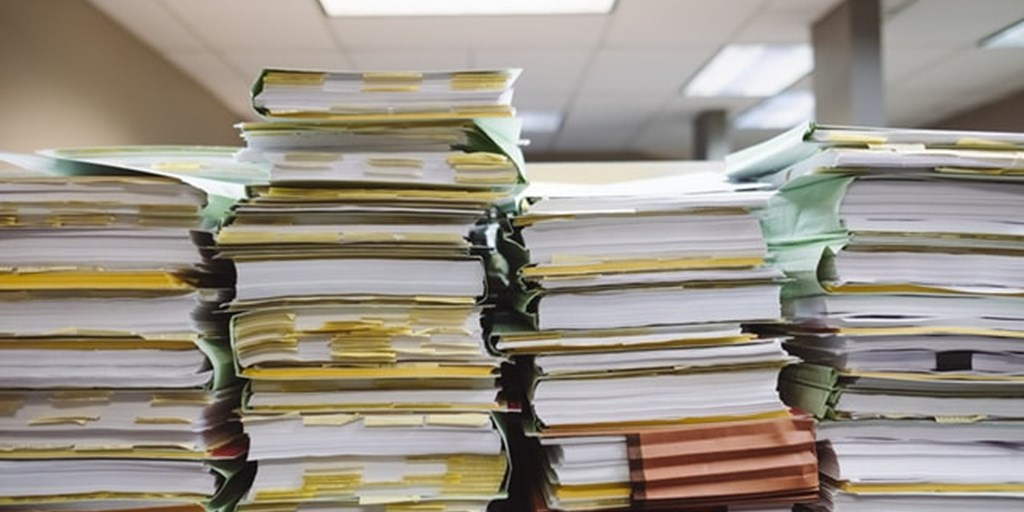The Do’s and Don’ts of Building a Brain Injury Claim

A traumatic brain injury can cost hundreds of thousands of dollars to treat, a financial burden that can leave most American families in a precarious position. However, the medical bills associated with such conditions are often just the tip of the iceberg, with lost wages, replacement services, and other losses turning a dire situation into a devastating experience.
Fortunately, you may be able to recover compensation for most of your losses by filing a personal injury claim against those responsible for causing the accident. To give your case the best possible chances of success, it’s important to consider your actions carefully.
In this article, we examine a few steps you should—and shouldn’t—take in the aftermath of an accident.
Do Seek Treatment Immediately
Many symptoms of a traumatic brain injury can seem relatively minor. For instance, some victims may experience mild headaches, nausea, and fatigue. As such, even if you feel fine, it’s important not to chalk these side-effects up to another illness or condition. Without treatment, your health could deteriorate, leading to serious health complications that might be impossible to reverse.
However, seeking treatment is about more than just taking care of yourself. A prompt diagnosis could help strengthen your case as it will not only help mitigate disputes over failure to mitigate damages but also show the insurer and other opposing parties that you are taking your treatment seriously.
Don’t Post about the Accident on Social Media
While it’s tempting to go online to share the grisly details of the accident with friends and family, such posts could make it difficult for you to recover compensation. Insurers have begun monitoring social media feeds as part of their claim investigations, so anything you post could be leveraged as evidence to challenge your credibility.
For example, your comments could be misrepresented to dispute liability, or pictures you posted could be used to argue that your injuries aren’t as serious as you are claiming. In most cases, it’s best to deactivate your social media accounts for the duration of proceedings.
Do Gather Evidence at the Accident Scene
Whether you took pictures immediately after the accident or managed to obtain copies of the official accident report, you should compile such proof in a safe place. Much of this evidence could be time-sensitive, so it’s important to make use of every opportunity you have to preserve this proof before it is altered, destroyed, or becomes unavailable for any other reason.
Don’t Deviate from Your Treatment Plan
As a claimant, you have a responsibility to take sufficient steps to mitigate damages. One of the most important parts of this duty is to make sure that you don’t do anything that might exacerbate your injuries. As such, whether your doctor has ordered you to take time off work to let your injuries heal or attend follow-ups, you should never go against their instructions.
Speak to a California Brain Injury Attorney Today
Did you suffer a traumatic brain injury in an accident that wasn’t your fault? Turn to the legal team at Harris Personal Injury Lawyers for support, guidance, and personalized representation. The initial consultation is free. Dial 1-800-GO-HARRIS or tap through to our Contact Page to set up a meeting with one of our brain injury attorneys.
< Back to all news

